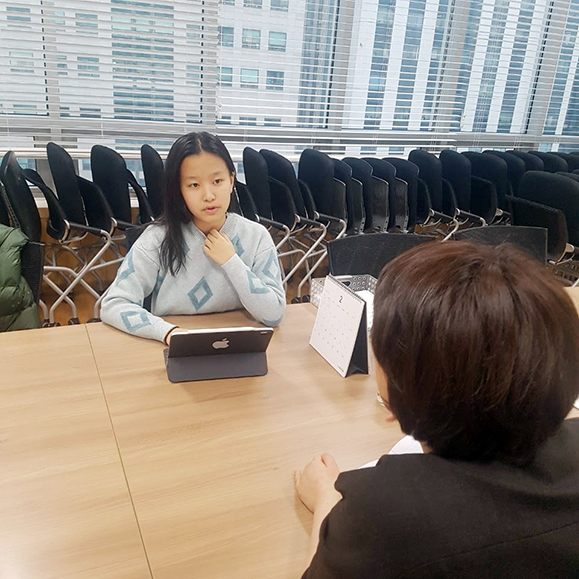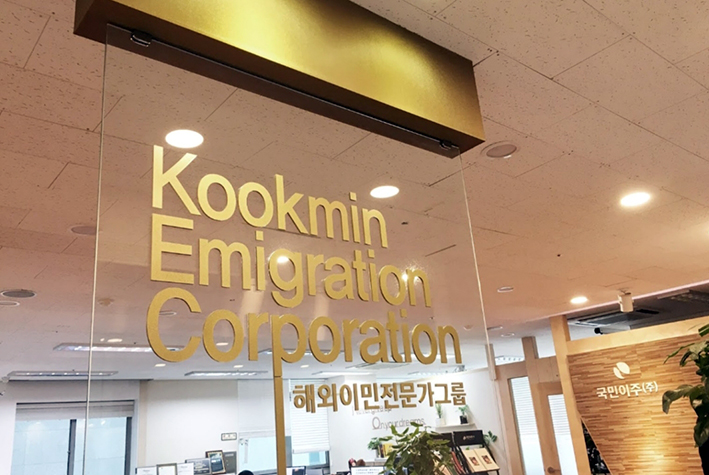Coronavirus (COVID-19), a disease first recognized in Wuhan, China, is spreading across the globe. It seems to be worsening each day, as “31 of the 5,186 patients who contracted the new coronavirus have died so far,” according to the Korea Herald. This trend of increased transmission has been affecting countries not only in terms of public health but also both economically and socially. For example, a lot of workers stay at home while taking personal days, and a lot of students have trouble learning, as schools are temporarily shutting down. More importantly and to serious effect, as people become hesitant about outdoor activities, there has been a constant economic stagnation. The flow of current currency is far-reaching especially in Korea, suggesting the emergence of the country’s third largest financial crisis.
Today, Korea’s economy is already in trouble. According to the ‘Financial Change of 2020—’ by JeongHun Park, “Korea met the biggest financial crisis (International Monetary Fund) in 1998, which caused the exchange rate to soar up to 1,700 won. Moreover, during 2007-2009, as financial crisis commenced globally, Korea’s exchange rate has met the second largest financial crisis: subprime mortgage”. As China is busy with addressing COVID-19 and cannot carry out trading as usual, Korea is having a hard time importing and exporting its products. China comprises a great part in Korea’s exports, suggesting that Korea’s economy will further deteriorate, with subsequent increase in its exchange rate.
The current economic situation is worse than ever, and, it seems that it will be quite difficult to restore it anytime soon. The economic decline is impacting immigrant families in particular to a much greater extent, especially related to financial stability and day-to-day livelihood. Paing Soe Khant, a Vietnamese student who recently emigrated to the United States, recently listened to an economist’s lecture about current financial states and learned that the novel coronavirus is impacting the global economy as a whole as the mechanisms of the economy are interdependent upon one another. “When one link fails, it does not take long before the rest of the chain follows.” He explained that he saw in many media reports that economic decline exists not only in the United States but also in his home country.
Khant further emphasized how “scary and terrible” it was for him to consider the possible collapse of the US economy just after moving there, and that it is all the more surprising that this can be caused by “just a simple virus.” He also recalled telling his father about the lecture on financial crisis. He recalled that his dad said, “It is very ironic. I came all the way here on February with all of my family including you, mainly to work and earn money. But it’s March now, and I can’t go to work until April and I won’t get paid anymore. So, to be honest, I am losing way more money than before.” This unfortunate reality seems to strike down many immigrants, as they are much more financially burdened than before because they cannot work anymore — the main cause of moving to a new country. Immigrants have already spent tons of money trying to settle in and look for new working places with hopes; but in reality, they cannot earn money but rather their money are going wasted due to coronavirus.
Following the rise in exchange rate, international students encounter financial hardships every moment they stay abroad. Ashley Pan, a sophomore in the United States, told her story of living alone as an international student, with her family in China. Pan said that she is worried that her family will have to pay more money to support her in many different ways, mostly due to an increase in exchange rate. She said that she felt very sorry and thought it was unfair for her family having to pay almost $2,000 more than before. Pan hopes that the coronavirus will pass quickly so that the exchange rate returns to normal, because otherwise, she might have to inevitably come back if there’s not enough money.


If COVID-19 continues, it is highly likely that they will face many difficulties, even having to return back to their home country. “Right now, there isn’t a big problem and everything is going fine as usual. However, I believe if this situation continues, the immigration process will severely be delayed due to the threat of COVID-19. For instance, it might lead to a shutdown in embassy, which will greatly affect not only economically but also in many different aspects. I believe once shutdown occurs, many families and students who are studying overseas inevitably will have to return home,” said Jiyoung Kim, the CEO of Kookmin Emigration Corporation. Immigration necessitates a great deal of money for investments. Since immigrating families would be required to convert tremendous amount of money into US dollars during a time of a high exchange rate, families would need significant amount of extra money, which leads to the spending of money that otherwise would not have been necessary. In addition, it would lead to waste in time as interviews and visa processes would be delayed due to the possible shutdown of embassies.

COVID-19 is not just a domestic disturbance, but rather it is a concerning issue on immigrants and international students. It is true that immigrants and international students would undergo and face severe complications during these times of Coronavirus. Little differences in economy and its exchange rate leads to substantial differences in the long run. For those people who are planning to study abroad or move overseas, it is critical to keep track of the exchange rate and carefully monitor their financial situation before operating on the immigration process.

Minji Kwon

